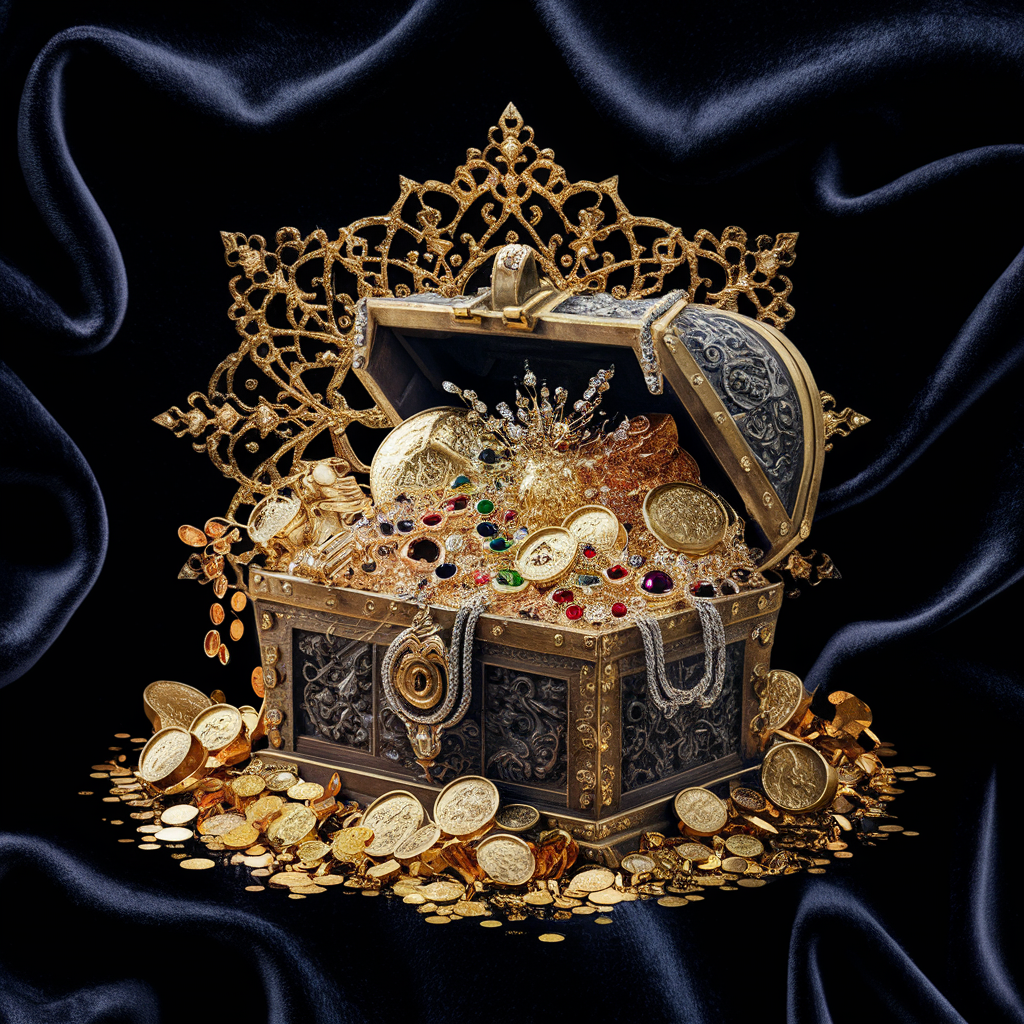
Wherever your treasure is, there the desires of your heart will also be. (Matthew 6:21)
Jesus presents us with options. We can store up treasures on earth or in heaven.
What does that look like? Is it just an issue of what we use our money for? Is it linked to the issue of what we’ll serve? Is it connected with the acts of righteousness talked about before? Is it connected to the whole nature of what Jesus teaches in this entire outline of His teaching?
I am not a financial expert, but I know what it’s like to have money and not to have it. I’m also aware of finances' grip on mentality and emotional welfare. Undoubtedly, pressure is applied to make us think that it’s essential to get money and that it’s important to use money in a particular way. I can certainly see how Jesus presents the world of finances as a contender for something to have mastery over us. Thus far in my journey with Jesus, I’ve learnt that the best way to deal with that is to acknowledge it, give it to God and pursue what He sees as important regarding His Kingdom and righteousness. Investing in heavenly things is about pursuing heavenly priorities, similar to how we are encouraged to pursue earthly treasures.
The two are in contrast to each other. They’re in opposition to each other. They do not complement each other. There is no point in looking to see if both can be pursued simultaneously. Yet, in some sense, I got the impression that those who should have been encouraging me to invest above were also looking to get it done on the earth. It’s as though the narrative of the world is so influential that those who should be focused on heavenly investments cannot detach themselves enough to make the distinction clear.
It's a bit like the scenario that the children of Israel were in during the age of the Kings of Judah and Israel. The situation in the northern kingdom of Israel led to a stage where Elijah stated that they were stumbling between two opinions. The worship of Yahweh was present, but there was also the state-run religion of Baal worship.
It’s not too dissimilar to that today. Whatever some may want to argue about the place of Christianity in the development of modern society, it should be evident that it is not the prevailing religion in any of the countries that claim to be Christian. There are plenty of other faiths and approaches and one of the prevailing thoughts encourages the appeal to focus on the things of the world. Store the funds in the earth, bank on the world, invest in the material gain and ensure the heart is chained to those things so that at the slightest wobble and thought of as being under threat, the heart fails and mentality fails.
The wondrous truth of God is the promise that investing in heavenly things and placing our attention there will never fail. It’s investing in the eternal. It’s banking on what will last when this earth passes away. It’s placing trust in what truly matters in the here and now.
That requires us to wean ourselves off powerful, prevailing doctrines that condition us overtly and subtly. It isn’t readily embraced, but we are given heavenly support in accomplishing it daily.
For His Name's Sake
C. L. J. Dryden
Shalom





